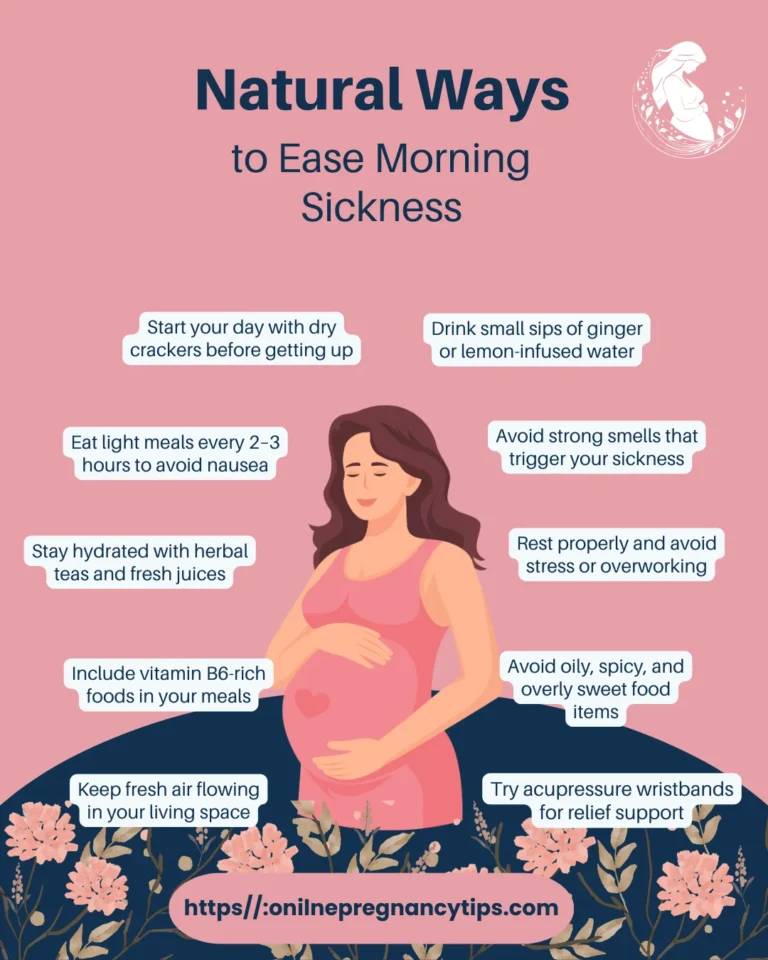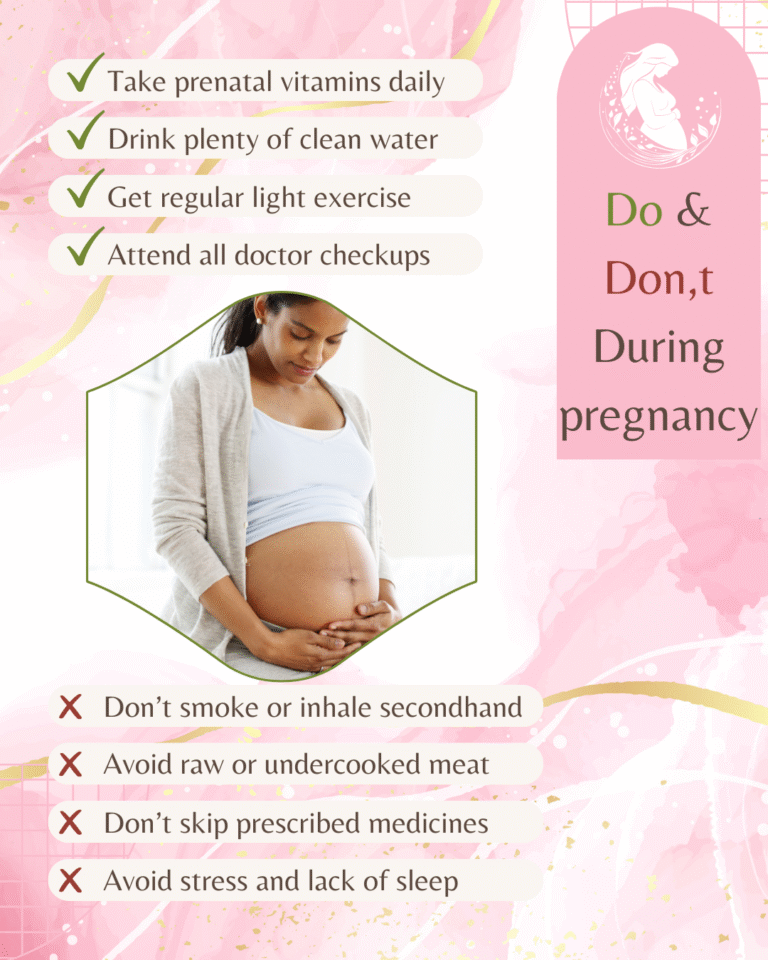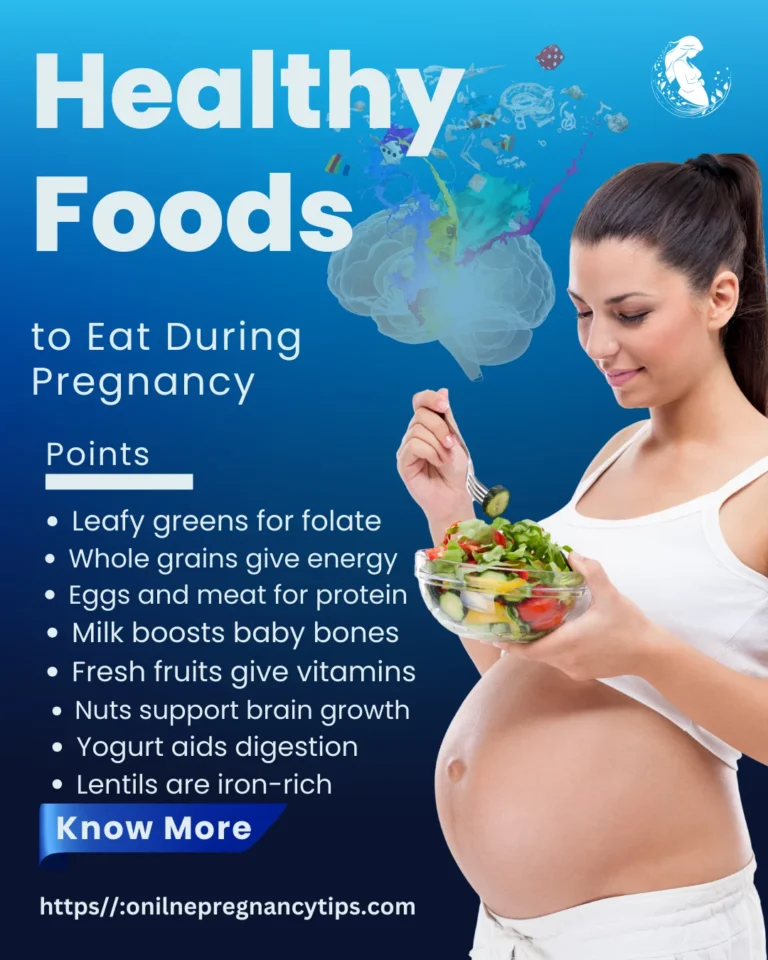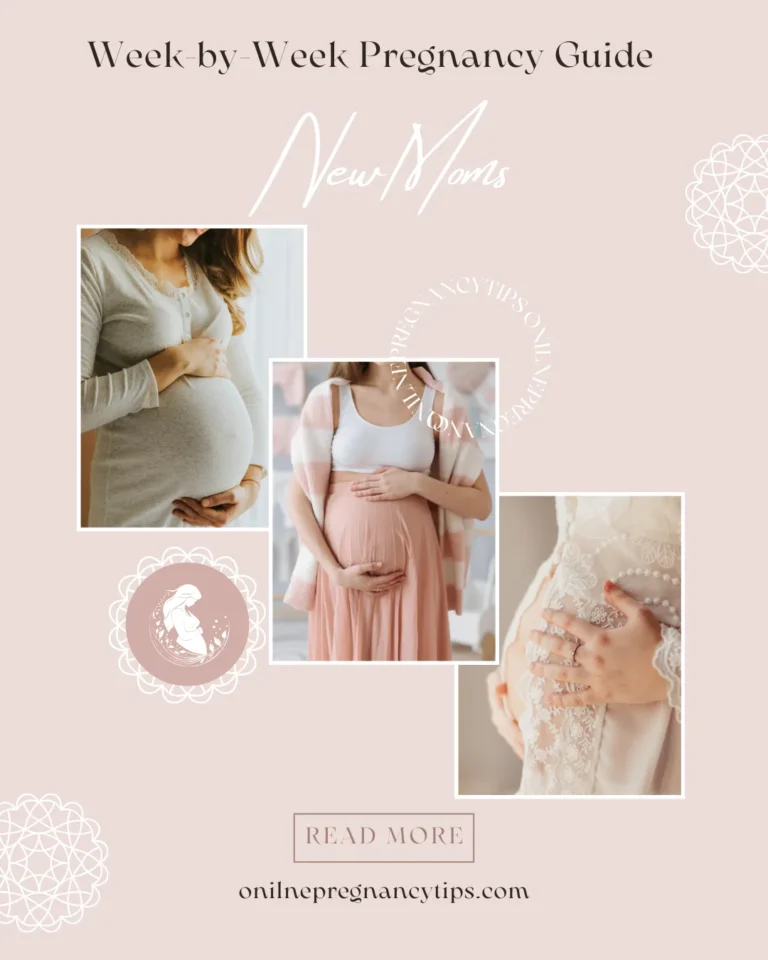

Top 10 Early Signs of Pregnancy: Know What to Expect
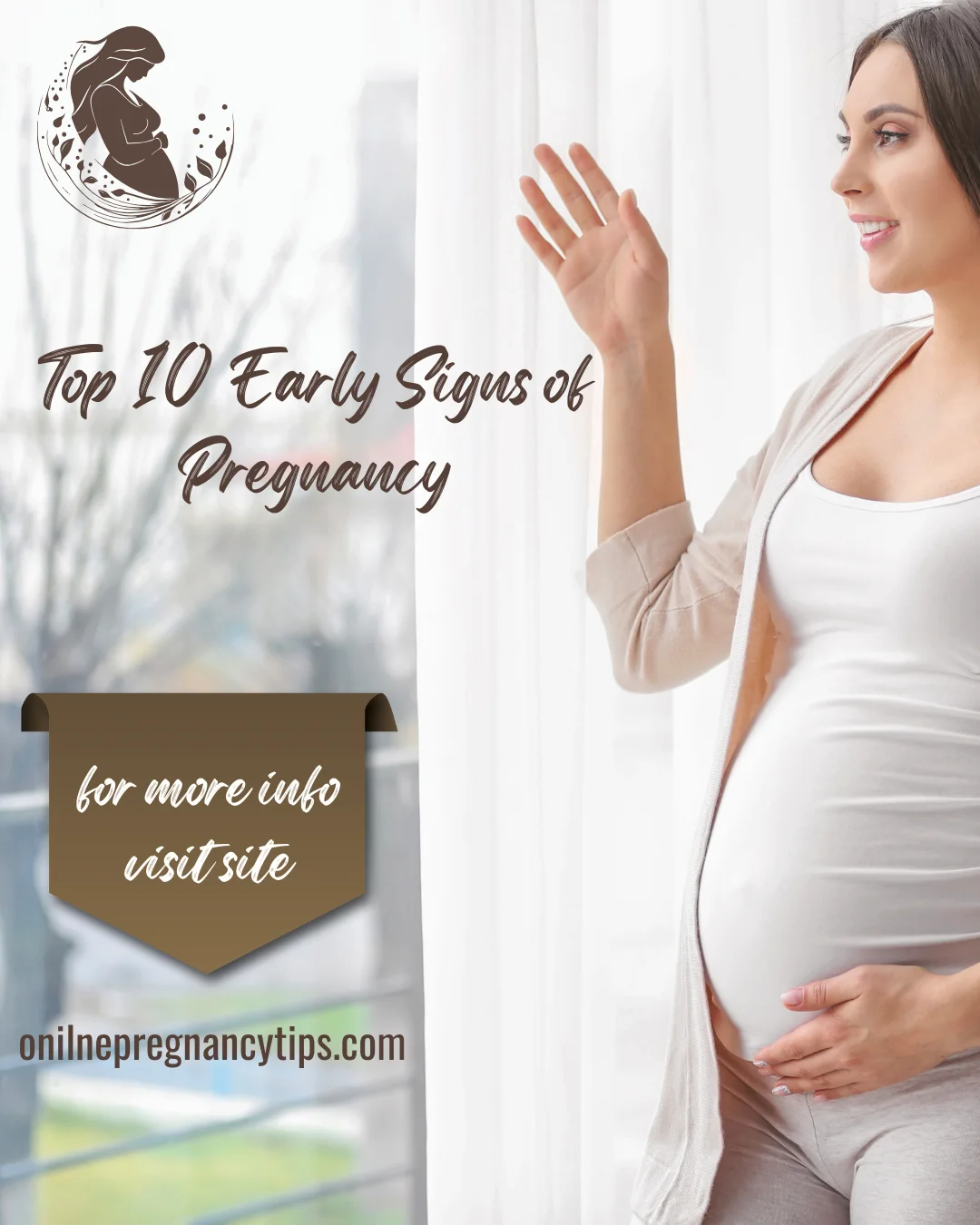
Top 10 Early Signs of Pregnancy: How to Know Before You Test
Introduction
Pregnancy is one of the most transformative journeys a woman can experience. But before the missed periods or positive test results, the body starts giving subtle signals that a new life may be taking root. Recognizing these early signs of pregnancy can help you prepare mentally, emotionally, and physically.
In this detailed guide, we explore the top 10 early signs of pregnancy, supported by science and expert insights, to help you understand what your body might be telling you — even before a test confirms it.
Why Early Detection Matters
Understanding early signs of pregnancy isn’t just about curiosity — it’s about taking control of your health. Early detection allows you to:
Start prenatal care at the right time
Adjust your diet and lifestyle
Avoid harmful medications or substances
Prepare emotionally and financially
Top 10 Early Signs of Pregnancy
Here are the ten most common and medically recognized early symptoms that could indicate you’re pregnant.
1. Missed Period
The most obvious sign.
A missed period is often the first clue for many women. If your cycle is regular and your period doesn’t arrive on time, it could be a strong indicator of pregnancy.
Why it happens:
After conception, the body produces human chorionic gonadotropin (hCG), which stops ovulation and maintains the uterine lining — preventing your period.
Note: Stress, weight changes, and medical conditions like PCOS can also delay periods.
2. Tender or Swollen Breasts
Your body’s first preparation for baby.
Many women notice soreness, heaviness, or tingling in their breasts just days after conception. The areolas (dark area around nipples) may also darken.
Why it happens:
Rising estrogen and progesterone levels cause increased blood flow and sensitivity in breast tissue.
Tip: Wearing a soft, supportive bra can ease discomfort.
3. Fatigue and Tiredness
Feeling drained for no reason?
Extreme fatigue can set in as early as week 1 or 2. You might feel like you’re running a marathon even with minimal activity.
Why it happens:
Increased levels of progesterone and metabolic changes contribute to drowsiness and lower energy levels.
What helps:
Rest, hydration, and iron-rich foods like spinach, lentils, and lean meat.
4. Nausea or Morning Sickness
Not just in the morning.
Nausea — with or without vomiting — can start as early as week 4 to 6, and often continues into the first trimester.
Why it happens:
The surge in hCG and estrogen affects the digestive system and heightens your sense of smell.
Quick fix:
Eating small, frequent meals and avoiding strong odors can reduce symptoms.
5. Increased Urination
More bathroom visits than usual?
Many pregnant women report needing to pee frequently, even in the middle of the night.
Why it happens:
Hormones increase blood flow to the kidneys and growing uterus puts pressure on the bladder.
Stay hydrated, but avoid caffeine and drink water earlier in the day to sleep better at night.
6. Mood Swings and Emotional Changes
Emotional rollercoaster?
If you’re suddenly laughing one moment and crying the next, it might not be just PMS.
Why it happens:
Hormonal changes, especially in progesterone and estrogen, affect brain chemistry and emotional regulation.
Self-care tip:
Gentle exercise, relaxation techniques, and support from loved ones can help you stay balanced.
7. Light Spotting or Implantation Bleeding
Implantation bleeding — often mistaken for a light period.
Some women notice light spotting and mild cramps around 6–12 days after ovulation.
Why it happens:
This is the result of the fertilized egg attaching to the uterine lining.
What to watch:
Implantation bleeding is usually pink or brown and lighter than a normal period.
8. Food Aversions or Cravings
Sudden dislike for your favorite meal?
Many pregnant women experience strong food aversions or cravings, sometimes before they even suspect pregnancy.
Why it happens:
Hormonal shifts influence your sense of taste and smell, which affects your appetite.
What to do:
Listen to your body — choose healthy substitutes when possible.
9. Bloating and Constipation
Feeling unusually puffy?
Bloating and digestive issues can occur early due to the slowing of the digestive system.
Why it happens:
Progesterone relaxes the smooth muscles, including those in the gastrointestinal tract.
Natural relief:
Increase fiber intake, stay hydrated, and do light physical activity.
10. Elevated Basal Body Temperature (BBT)
Tracking your cycle can reveal clues.
Women who chart their basal body temperature may notice it remains high after ovulation.
Why it happens:
A persistently elevated BBT for over 18 days could indicate pregnancy.
Best method:
Take your temperature first thing in the morning with a digital BBT thermometer.
How Soon Do These Symptoms Appear?
| Symptom | Possible Time of Onset |
|---|---|
| Missed period | Week 4–5 |
| Tender breasts | Week 2–3 |
| Nausea | Week 4–6 |
| Fatigue | Week 1–2 |
| Spotting | Day 6–12 after ovulation |
| Increased urination | Week 6–8 |
| Mood swings | Week 4 onward |
| Food cravings/aversions | Week 3–4 |
| Bloating/constipation | Week 4 onward |
| High BBT | Immediately post-ovulation |
When Should You Take a Pregnancy Test?
Earliest time: 10 days post-ovulation (blood test)
Most accurate time: First day of missed period (urine test)
Using a first-morning urine sample will give the most reliable result due to higher hCG concentration.
Expert Tips for Confirming Pregnancy
- Track your cycle: Use apps like Flo or Clue.
- Watch for combined symptoms: One sign alone may not confirm pregnancy.
- Take two tests: If the first is negative but your period doesn’t come, test again after 2–3 days.
Consult a doctor: Only a medical professional can confirm pregnancy through blood tests and ultrasounds.
The earliest signs of pregnancy can be subtle yet significant. Listening to your body and recognizing these changes can help you take charge of your health early on. Whether you’re actively trying to conceive or just staying informed, knowing these signs empowers you with knowledge and confidence.
If you’re experiencing several of these symptoms, take a pregnancy test and consult your healthcare provider. Every woman’s journey is unique — and yours deserves the best care from the start.

